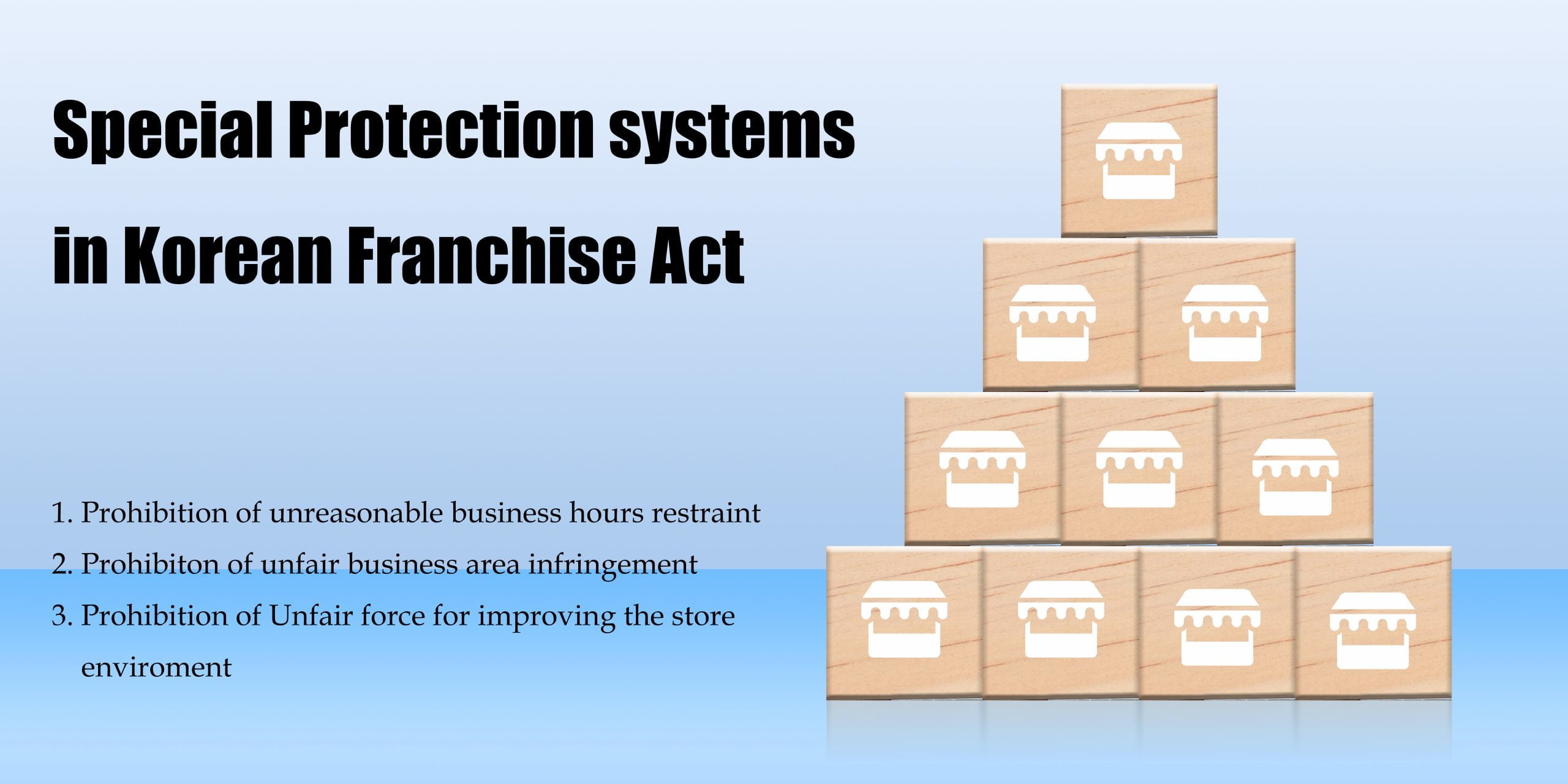The legal experts at Pureum Law Office specialize in helping businesses navigate Korea’s franchise laws, which are some of the most comprehensive and stringent among developed countries.
South Korea’s franchise regulations are designed to protect both franchisors and franchisees, requiring detailed disclosure and strict compliance. Understanding these laws is essential for anyone looking to start or expand a franchise in Korea.
At PLO, our experienced franchise attorneys offer in-depth knowledge of Korean franchise law, providing tailored legal advice and support. We guide you through every step, from the initial franchise registration and disclosure requirements to ongoing compliance and dispute resolution, ensuring your business operations are fully compliant with South Korean laws.
Whether you are planning to establish a new franchise in South Korea, expand an existing one, or need assistance with legal compliance, Pureum Law Office is here to help. Contact us today to learn more about how we can help you navigate South Korea’s franchise laws effectively and confidently.
Please refer to the following blog post regarding inheritance tax.






